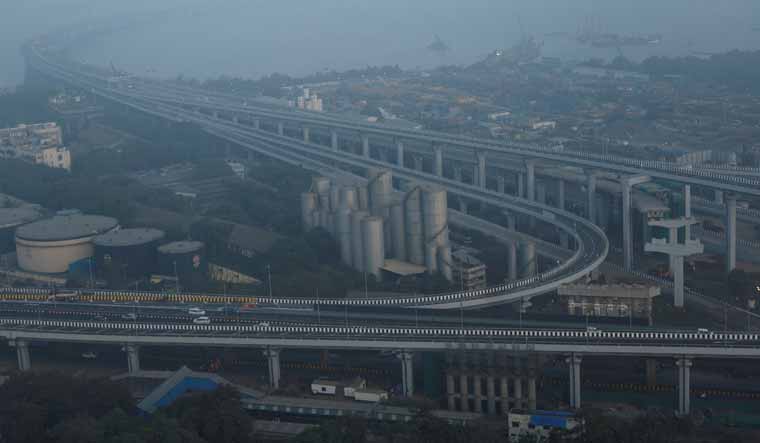Over the last few years, the Narendra Modi-led government has had a huge focus on infrastructure-led investment growth. Roads, renewable energy and real estate have been among the major focus areas. Over the next two years, it is expected that this growth in investments will continue to remain strong, with roads, in particular, accounting for a major share of the pie.
Credit ratings agency CRISIL expects investments in renewable energy, roads and real estate to rise 38 per cent in financial years 2025 and 2026 compared with the previous two years to Rs 15 lakh crore. The roads sector will account for 60 per cent of these investments, while the balance will be equally divided between renewable energy and real estate.
"The underlying demand drivers in these three sectors remain strong, with regular policy interventions fuelling investor interest. This has also supported healthy credit risk profiles of private players and strengthened their execution and funding capabilities," said Krishnan Sitaraman, senior director and chief ratings officer, CRISIL Ratings.
Earlier this month, the Narendra Modi-led NDA won a third term in the Lok Sabha, albeit with a lower majority than earlier. CRISIL sees no major impact on government spending on infrastructure.
"We are not taking a call on any slowdown in government spending towards infrastructure. We believe infrastructure is going to remain a very important input for economic growth. We are expecting a medium-term growth outlook of around 6.7-6.8 per cent," said Manish Gupta, senior director and deputy chief ratings officer at CRISIL Ratings.
Strengthened order books of road developers, at 2.5 times of revenue, will support 11 per cent growth in highway construction, which is seen at 12,500 km per year over this financial year and the next, according to CRISIL.
However, some moderation in budgetary allocation towards roads is seen as the government is keen to attract more private investments in this space, Gupta noted. Amendments in the build-operate-transfer (BOT) toll road concession agreement have been made to increase private participation. But, lenders's willingness to fund BOT projects and improvement in traffic estimation accuracy is something that will have to be watched out for, the ratings agency said.
In renewable energy, the government has ambitious targets to have 450 GW installed capacity by 2030. This is driving up auctions and creating a strong pipeline. In the year ended March 2024, India saw auctions of 35 GW, the highest ever in a single year, resulting in a pipeline of 75 GW, CRISIL pointed. This strong pipeline will aid the implementation of 50 GW of renewable energy capacity over FY 2025-2026, according to CRISIL. This compares to 33 GW over FY 2023-2024. Solar rooftop capacities will further add to the renewable capacity.
"For renewables, higher import duties have enabled a domestic ecosystem for module production. This not only reined in import dependence and price volatilities but also facilitated better control of the supply chain. Also, production linked incentive scheme for battery and solar cells sets a more sustainable growth path," it said.
Residential real estate is another area that has seen a strong rebound post-COVID; particularly demand has surged for larger and more premium homes. CRISIL expects housing demand in the top seven cities in the country to sustain at 8-12 per cent.
On the commercial real estate side, leasing demand is expected to grow 8-10 per cent this year and the next. IT (information technology) and ITeS (IT-enabled services) companies have been among the major drivers for commercial properties. As hybrid and work-from-home policies took hold post-COVID, demand here slowed. It is slowly picking up as companies adopt return-to-office policies.
More than that, however, it is the growth in global capability centres (GCCs) that is going to drive up the demand for quality commercial real estate. GCCs are eyeing India's large talent pool and competitive rentals, noted CRISIL.
Regular policy interventions too have helped boost confidence and demand in the real estate sector. Recently, for instance, the Special Economic Zones (SEZ) Act was amended, which allows floor-wise demarcating of SEZ areas into non-SEZ areas. This should aid faster growth by attracting a wider base of tenants, it added.



